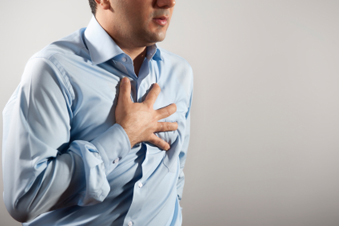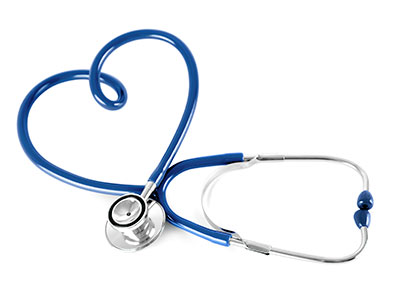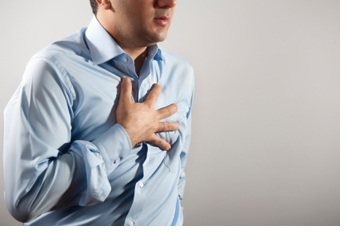 Three hours. That’s the length of a feature film, with previews and enough time to load up on pre-movie snacks. That’s one evening, downtime I would have spent on dinner: cooking, eating, cleaning up afterward. That’s a few sitcoms and a bit of Facebooking.
Three hours. That’s the length of a feature film, with previews and enough time to load up on pre-movie snacks. That’s one evening, downtime I would have spent on dinner: cooking, eating, cleaning up afterward. That’s a few sitcoms and a bit of Facebooking.
That’s enough time to learn how to save a life someday.
Recently, the local library offered a community CPR class on a weekday evening. In just three hours, I learned enough to surprise and shock me. In the area where I live, the average paramedic response time is six to eight minutes. (In remote areas, or during bad weather conditions, that time increases.) Sounds good, right? But when someone goes into cardiac arrest, his chances of survival decrease by seven to ten per cent for every minute he’s not being treated.
Do the math. That’s why community knowledge of CPR skills is so important.
For most of us, our medical know-how comes from TV. Mouth-to-mouth; a few chest compressions; giant AED paddles and someone shouting, ?Clear!? It all seems complicated, scary, well beyond the scope and skill of a layperson.
But It’s not. Any adult can learn CPR. Any adult can learn how to save a life.
CPR recommendations have changed, the paramedics told us. You’re not expected to give mouth-to-mouth anymore; in fact, You’re usually discouraged from doing so. Chest compressions are the preferred method of providing CPR, and although there’s a specific way to perform them, It’s easy to learn. You don’t need big muscles; your body weight helps you out (if You’re small like me, you will have to work harder?it is definitely a workout?but it is doable).
As for AED use, It’s quite simple; and modern units are small, easy to use, and come with both pictorial directions and voice guidance. Most will tell you whether a shock is advised in your patient’s situation.
How many more patients would survive cardiac arrest if we all knew basic life-saving skills? Check with your local hospital or fire department, community college, and library, or even your provincial heart health association; many organizations offer short, free classes to community members. The one I attended was sponsored by the local volunteer fire department.
It’s not a formal certification. I can’t work as a paramedic or put any kind of credentials on my resume. But I do know enough to work an AED if someone has a heart attack in the middle of the mall, and I can perform basic CPR ?just in case? there’s an emergency somewhere and the responders haven’t arrived yet. I know what to do if someone keels over at a party. I can help a family member, friend, or stranger.
I can give someone a chance at life. That’s an amazing feeling.
It’s worth three hours to know that.


